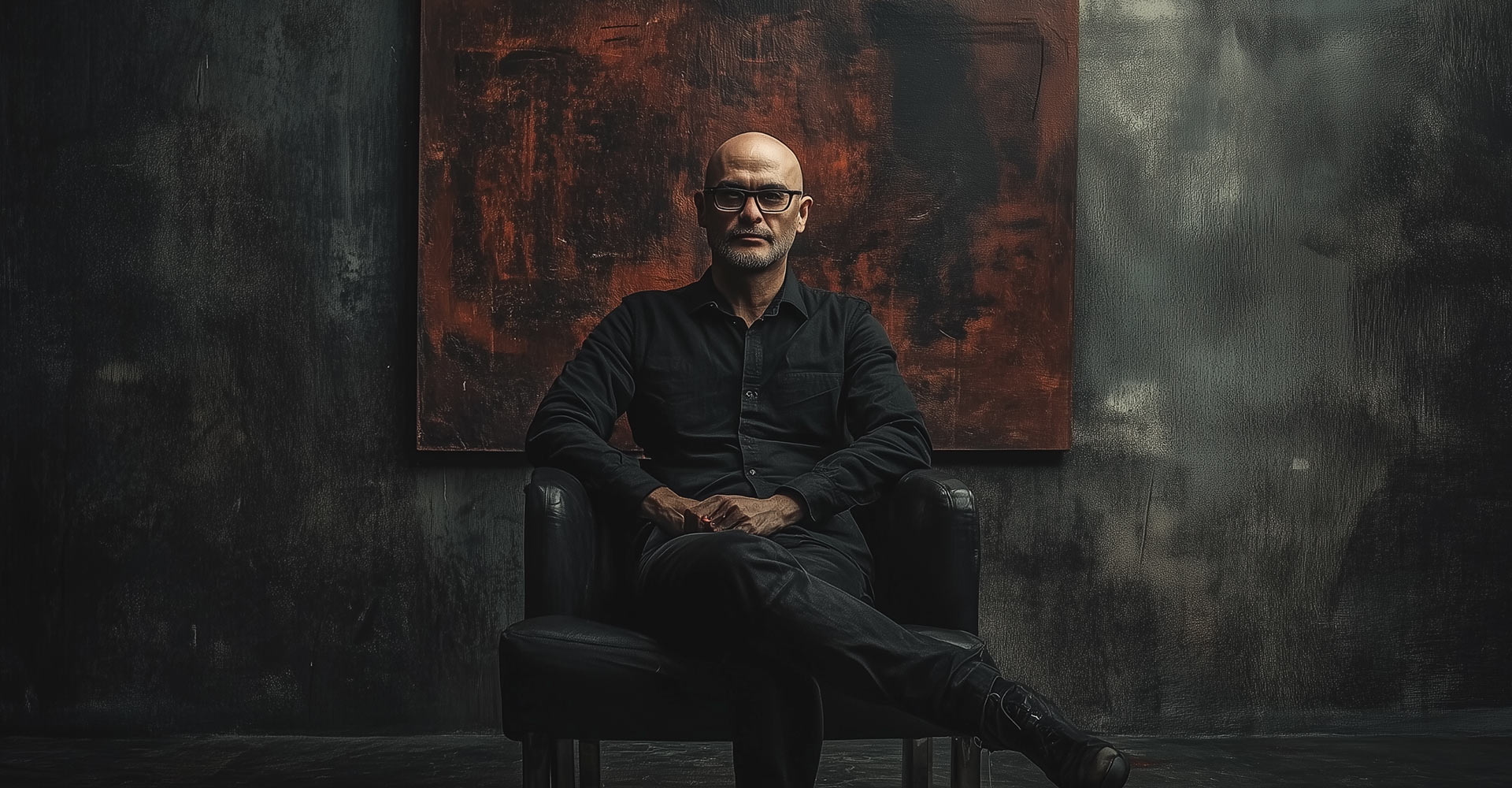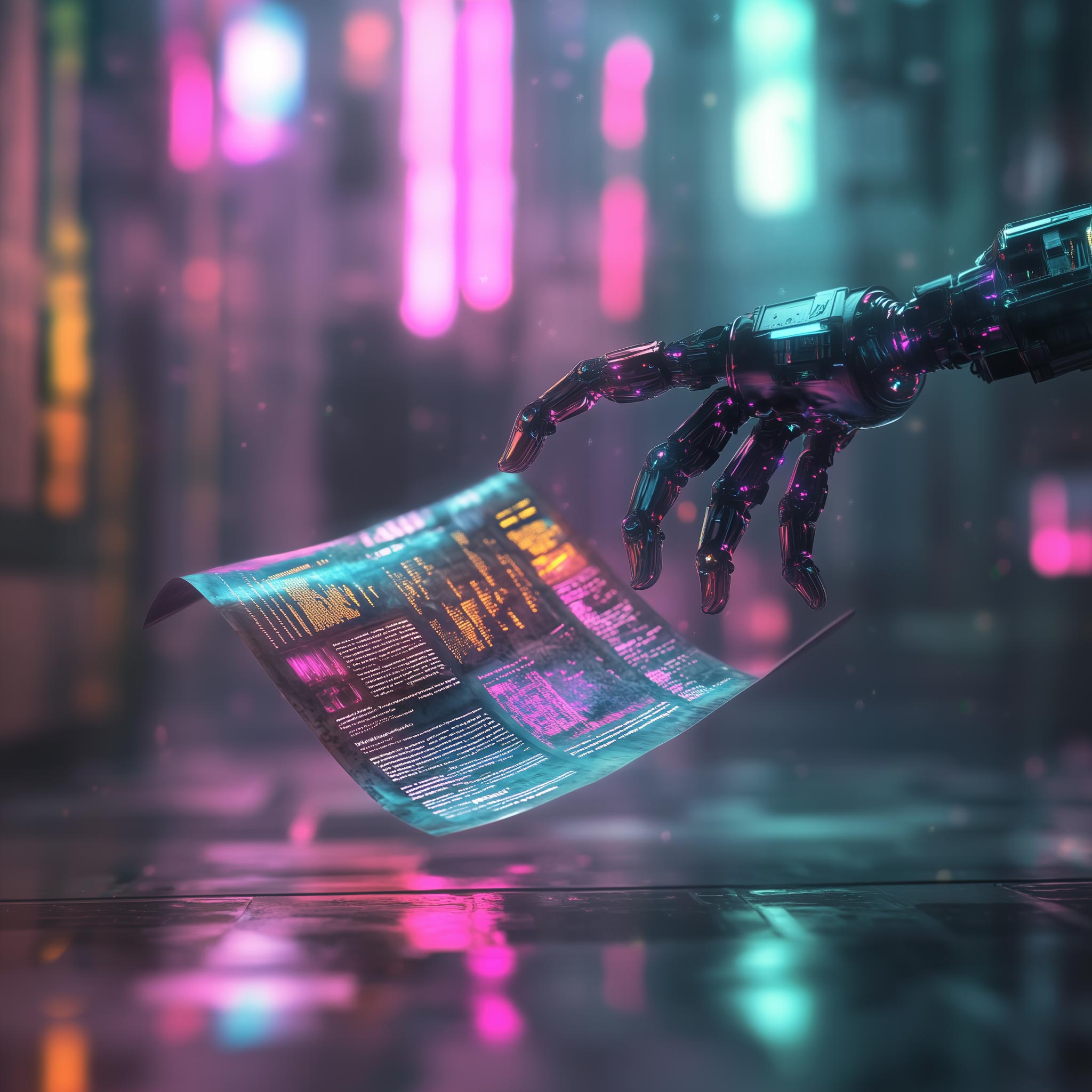If Aristotle had access to a GPU cluster, he might have ended up looking a lot like Demis Hassabis. The co-founder and CEO of DeepMind is part neuroscientist, part chess prodigy, part game developer, and entirely obsessed with answering life’s big questions. Except instead of musing in togas, Hassabis is building machines to do the thinking for us.
For Hassabis, artificial general intelligence (AGI) isn’t just the next tech trend; it’s a philosophical quest wrapped in silicon. He doesn’t see AI as just engineering — it’s a way to poke at the very essence of intelligence, existence, and possibly, why we’re all here in the first place.
And he thinks we might just crack AGI within the next decade. Yes, ten years. That’s about the same time it takes most people to finish reading Ulysses.
From Chessboards to Circuit Boards
Demis started his love affair with intelligence on the chessboard, becoming a master by 13. By 17, he’d created the hit video game Theme Park (which was basically SimCity for kids who liked roller coasters). But it wasn’t enough to build clever systems in games. He wanted to build clever systems full stop.
Cue the neuroscience. Earning his PhD at UCL, Demis dug into how our brains remember things and imagine new ones. He discovered a neat little truth: the bits of our brains used for memory and imagination are practically roommates. This wasn’t just academic curiosity. It formed the neural foundation for how DeepMind’s AI learns and thinks.
The DeepMind Dream: Solve Intelligence to Solve Everything
In 2010, Demis, along with Shane Legg and Mustafa Suleyman, founded DeepMind with a mission statement that sounds like it came from a sci-fi movie trailer: “Solve intelligence, then use that to solve everything else.”
They weren’t kidding. Their AI systems have already shown superhuman skill in everything from playing Go (remember that move 37 moment?) to predicting protein structures with AlphaFold — which, let’s face it, is a bit more useful than beating a grandmaster.
What is AGI Anyway?
Think of today’s AI as very smart interns — great at specific tasks, utterly lost if you ask them to do anything new. AGI is the full-time employee you never knew you needed: it can learn, adapt, solve, and maybe even crack your dad jokes.
Demis defines AGI as an intelligence that mirrors human cognitive abilities across the board — not just recognising cats in photos or recommending TikToks. He sees it as the next electricity: a foundational tech that transforms everything it touches.
And yes, he’s cautiously optimistic we’ll get there by 2035, give or take a neural network or two.
But Wait… Should We Be Worried?
Absolutely. And Demis is too. He’s not blindly sprinting into the AI future like some overcaffeinated tech bros. He’s long warned of the “dual-use” nature of AI — incredible good, but also potential for some sci-fi-level harm. Think more Black Mirror than The Jetsons.
In fact, an independent ethics board was one of the conditions of DeepMind’s acquisition by Google. He compared AI development to scientists handling dangerous materials without fully knowing the risks—not exactly reassuring, but certainly honest.
Philosophers with GPUs
What makes Demis different is that he doesn’t just want to build something smart. He wants to understand what intelligence is. He wants machines that can imagine, reason, maybe even reflect.
He talks about “world models” — internal maps that help AI make sense of context, cause and effect, and the chaos of the real world. He also sees promise in “multi-agent systems,” where AI learns by interacting with others, much like we do.
In short, he’s building AIs with inner lives. Or at least ones that could hold their own in a philosophy class.
The Apollo Programme of AI
Demis has likened DeepMind’s mission to the Apollo programme. But instead of going to the Moon, we’re trying to understand the mind. And in the process, we might cure diseases, crack nuclear fusion, and invent things we can’t even imagine yet.
His creations, like AlphaFold, have already solved scientific problems that stumped researchers for decades. It’s like hiring Einstein and giving him Google Cloud credits.
So What Now?
Demis believes that the choices we make in the next few years will shape the next century. He’s pushing for global cooperation, shared safety standards, and a big-picture approach that prioritises humanity over shareholder slides.
The future isn’t written yet, but if Demis Hassabis has anything to say about it, it won’t be dull. Whether AGI saves the world or accidentally tries to rearrange the solar system, one thing’s for sure: the philosopher king of AI will be there, somewhere between the code and the cosmos, trying to make sense of it all.



